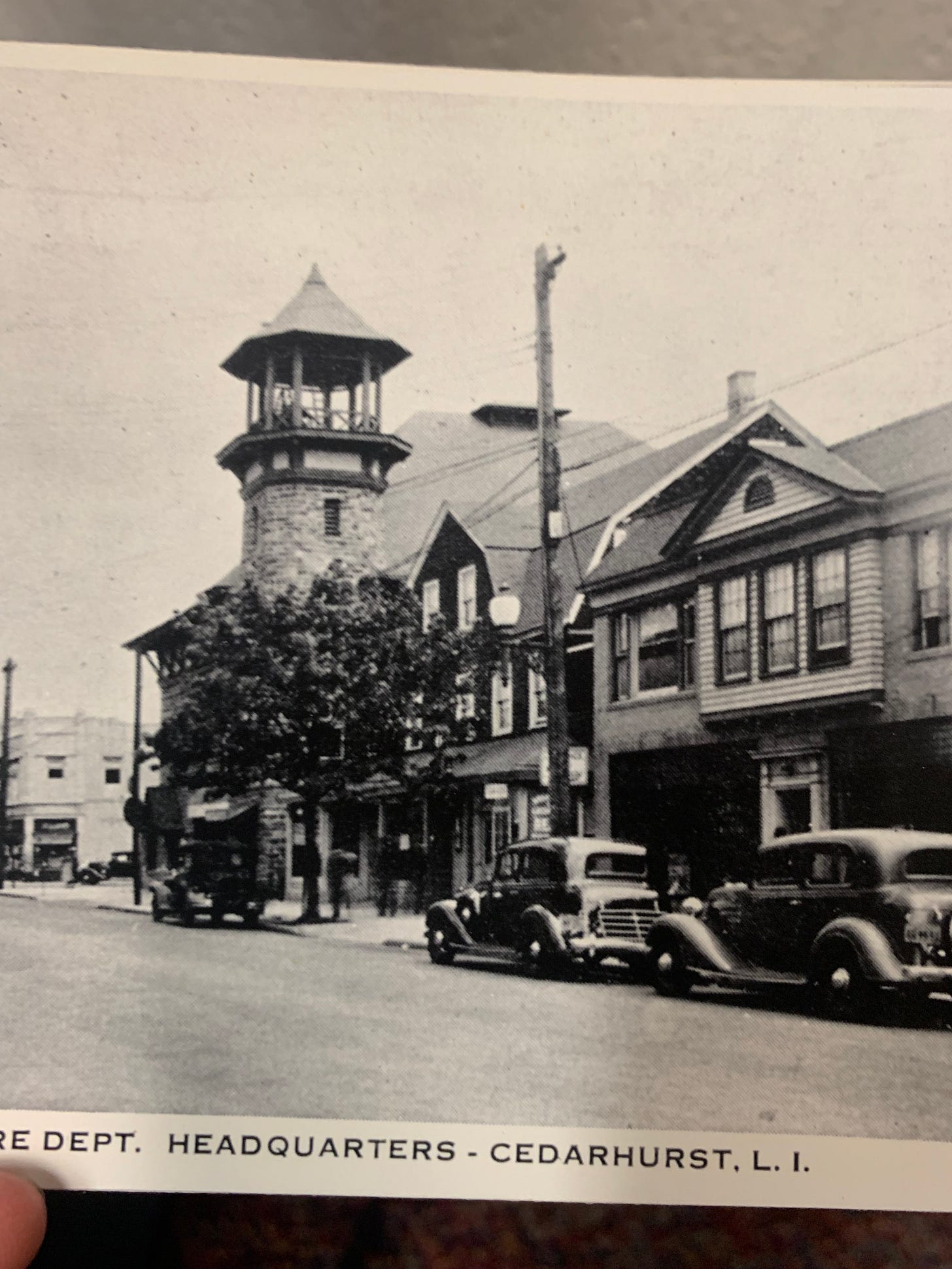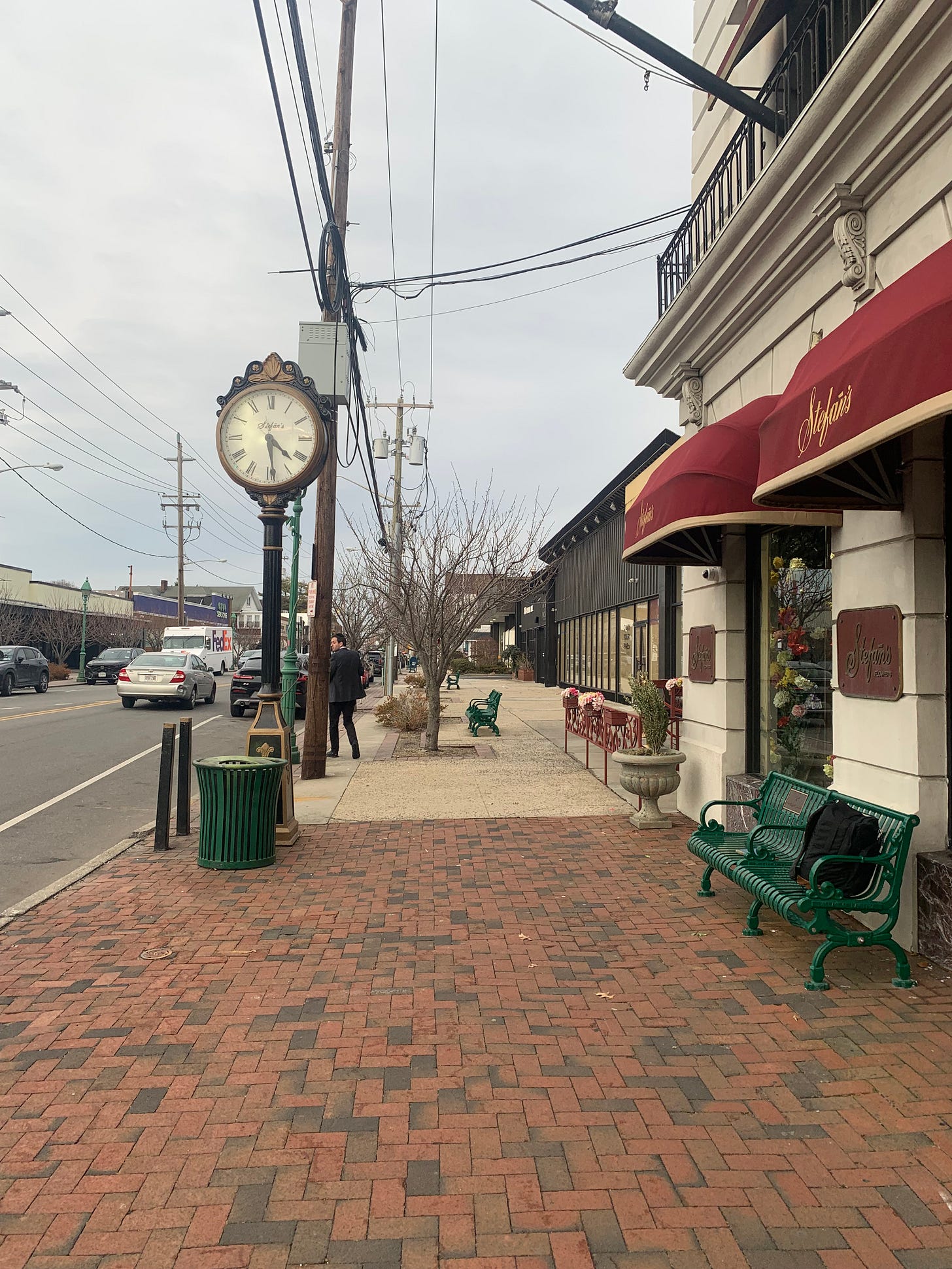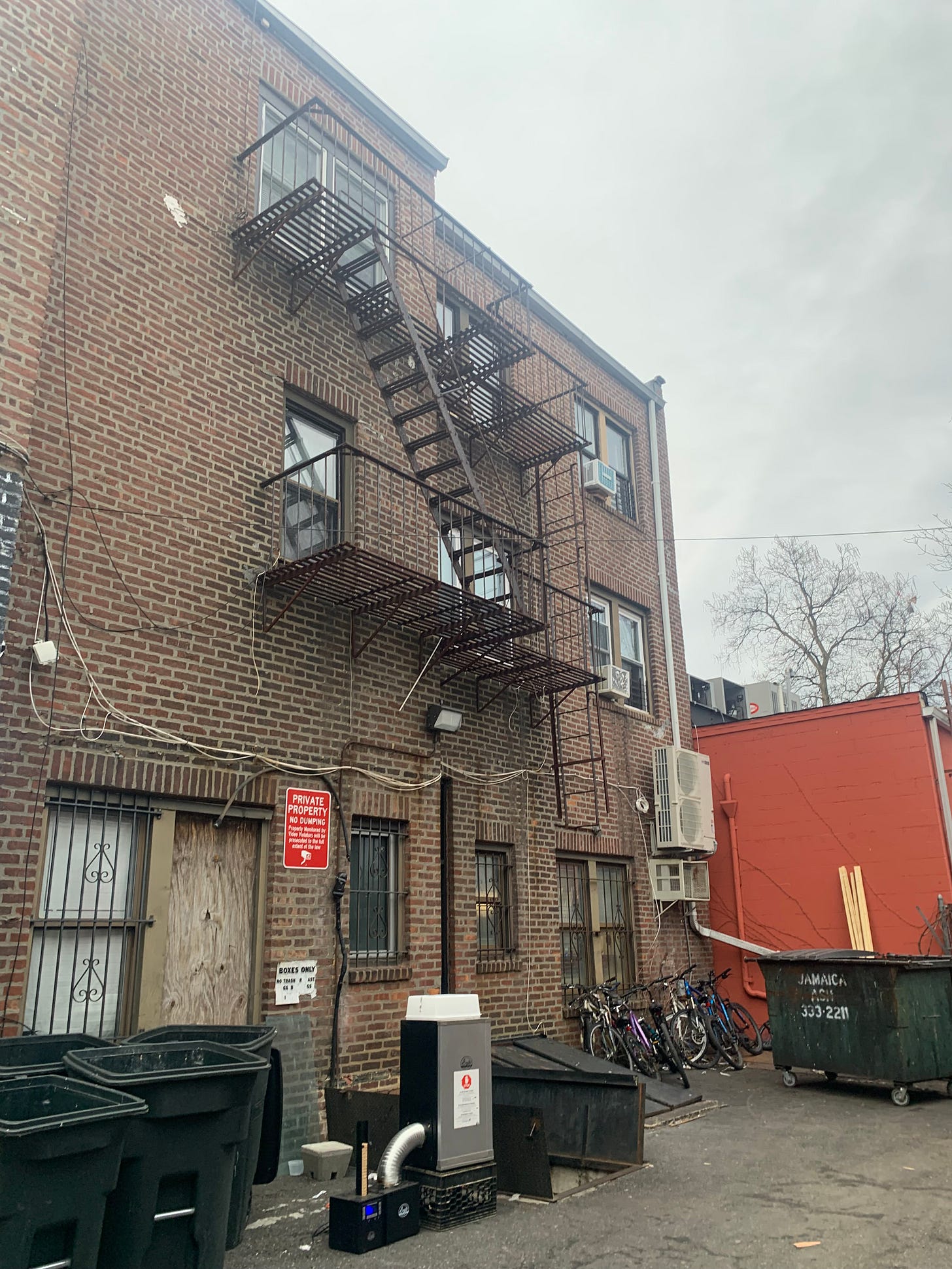LAWRENCE, N.Y. – When I was growing up, my mother didn’t like us touching her face because she’d had acne as a child and it left some small pockmarks, though I barely noticed them. To me, she looked like Annette Funicello, with big brown smiling eyes, short black hair with little bangs, and a slight buck in her top teeth that made her upper lip full and round, like cupid’s bow. I used to watch her in the mirror as she put on lipstick, following the curves of her upper lip, first one side, then the other, and then making a sweep along the bottom lip like she was making a check mark before pressing them together to create uniformity.
She was always self-conscious of her face and body. She wore a bathing suit when I was young, but in my teens, she developed varicose veins on her legs and wouldn’t even wear shorts, let alone a bathing suit, for fear people would see them. When she eventually moved to Florida, she remained in pants, even wearing them when she would accompany us to the pool.
It’s a cruel joke that at the age of 83, she, of all people, developed a nearly fatal blockage in her intestines that left her with a permanent colostomy bag. The only thing worse would be having your larynx removed, forcing you to speak through a hole in your neck. Prior to the blockage, my mother and her partner had been criss-crossing America in an RV, visiting almost every national park and tourist site in almost every state but for Hawaii because there was no bridge to get there. Now, she doesn’t want to travel too far from her bathroom, for fear her bag, which she calls “George,” will leak. The idea of getting on a plane and coming North, to see her children or even visit Long Island, where she grew up, is largely out of the question.
And so it was when on a sunny day in February, I decided to hop on a train to Long Island, to a town in which my mother had lived, for my own reasons. I’m writing a novel based on my grandfather, an appliance repairman, and his brother, a cartoonist, and I wanted to see my grandfather’s shop in Lawrence.
One of the five towns on Long Island’s South shore, Lawrence was originally home to wealthy White Anglo Saxon Protestant (WASP) families who had been there since the American Revolution. But from the 1940s to the 1980s, Jews who had been living in Manhattan and Far Rockaway walked over the border from Queens into Nassau County as soon as they got a little money in their pockets, and much to the dismay of the Protestant population, turned towns like Lawrence into thriving Reform and Conservative Jewish communities. My mother and her family were among them.
I arrived in Lawrence to find a man running down the street dragging a dog on a leash who couldn’t keep up with him.
“C’mon,” he kept saying as he ran toward the door of the train station. “I left my cell phone in there.”
The dog didn’t share his sense of urgency.
I set off toward what felt like a downtown, where the houses turned into garden apartments, and the garden apartments began to cluster together like city housing projects. Walking down the main road, Central Avenue, I stopped into a library to look at some old photos that might direct me to my grandfather’s shop, but there were only pictures of the large estates owned by the early Protestant settlers, and a few of the downtown area around the turn of the century. I decided to reach out to the person who could best direct me: my mother.
I called her on Facetime, so she could see the downtown area as I walked through it.
“Was this his shop,” I asked, pointing the camera toward a large building on the corner of Central Avenue and Rockaway Turnpike. My grandfather’s appliance store had been on the corner, and my grandparents lived in an apartment over a shop a block or two away.
“I don’t recognize it,” my mother said.
I walked a little farther down the block.
“How about this one?” I asked.
“No,” she said, but then said, “Wait a minute. Let me see the side.”
I walked down an alley next to the building, and she saw a fire escape.
“Our apartment had a fire escape like that. One night, I had to pee, and instead of going to the bathroom, I stuck my butt out the window. When I looked at the fire escape the next morning, golden icicles were hanging from it,” she said.
“Why did you pee outside?” I asked.
“Because the babysitter had her boyfriend over and so she locked me in my room,” my mother said, as if it made complete sense.
“That’s crazy,” I said, thinking about how I fired a babysitter for simply being disappointed we didn’t get home earlier.
She looked at the building again and said, “I don’t think that’s the apartment.”
I continued down the block.
“This one?” I asked, and walked down the side of the building so she could see it.
“That looks like the roof where we had a pigeon coop that I pushed Aunt Florie off of,” she said.
It was a low roof, about the height of a garage. I wasn’t sure why they had a pigeon coop in the middle of an up-and-coming suburban downtown, but it explained why the Jewish homes may not have been featured in the library’s historic photo collection.
“Why did you push her off?” I asked.
“Because she was standing at the edge, and I thought it would be funny,” she said.
For you, I thought.
As I walked farther along Central Avenue, my mother remembered the number of her apartment, but I couldn’t find a building with that address. There was just an empty lot with a dusty ball field, no doubt where the babysitter’s seven children played ball while their mother was in bed with her boyfriend.
I pointed the camera up ahead, and my mother spotted something.
“That tower! Is that the firehouse?” she asked.
It is, I said.
She said she took her sister, Marsha, there one afternoon, minutes before the 12 o’clock whistle was set to go off. She then put her hands over her own ears. When the siren blasted, Marsha got so scared, she fainted. The owner of a nearby dress shop was standing in her doorway and saw what happened and took Marsha into her store and gave her water and then called my grandmother.
“Of course I was punished,” my mother said.
“You’re bad,” I said, though I would have thought my mother covering her ears might have given Marsha a hint that something loud was coming, like if someone ducks, you look to see if there’s a low flying, well, anything really. But my aunt has always had poor eyesight. Perhaps she didn’t notice.
My mother was always a rascal, sometimes sneaking out her bedroom window onto the roof of the garage and then climbing down the trellis so she could hang out with friends she was forbidden from seeing. Once she got married, she left most of the shenanigans to my father, as a lot of 1950s women did, but we all remember a time when my younger sister stood at the back door of our house and in a fit of anger, yelled, “Fuck you,” at my mother and took off. My mother sprang up from the kitchen table and ran out the back door after her, chasing her around the house, across the front lawn and leaping over a small brick wall and some bushes before running into the street and nearly getting hit by a UPS truck that was coming up the road.
“She was fast,” my sister once said. “But I was faster.”
With my mother still on the phone, I walked back down Central Avenue in the direction from which I’d come, but this time, I walked behind the buildings, thinking the backs of them might not have been modified as much as their facades. It’s like people treat their hair. They put a lot of time into the front and leave the back relatively untouched, because they figure, if I can’t see it, no one else can.
“Is that the huge parking lot? It goes from Frost Lane all the way to Rockaway Turnpike, right?” my mother asked, feeling her way back to childhood like a blind person.
I walked toward the street sign where the lot began and saw she was right.
I could hear her rolling around the memory of that lot like a dog rolling on its back in the grass. Her body is now tethered to the bathroom, but her mind can go anywhere, as it did for that hour-and-a-half, when she saw the street on which she lived as a child, when she had a kindergarten boyfriend named Sammy Friedland, who chased her around the Christmas tree in class trying to kiss her, and she pictured the pharmacy that used to be on the corner, when she was young and had long red nails and a silky black pony tail that was the envy of her sister, and she got to wear a black fraternity sweater with red trim given to her by a boy named Frank, who’d asked her to go steady. And for several minutes, she remembered what it was like to be young, naughty and desirable.






Your writing is so gorgeous. (This phrase! : "feeling her way back to childhood like a blind person.") Also: my mom has a colostomy too. I get it.
Wonderful! Vivid and touching.